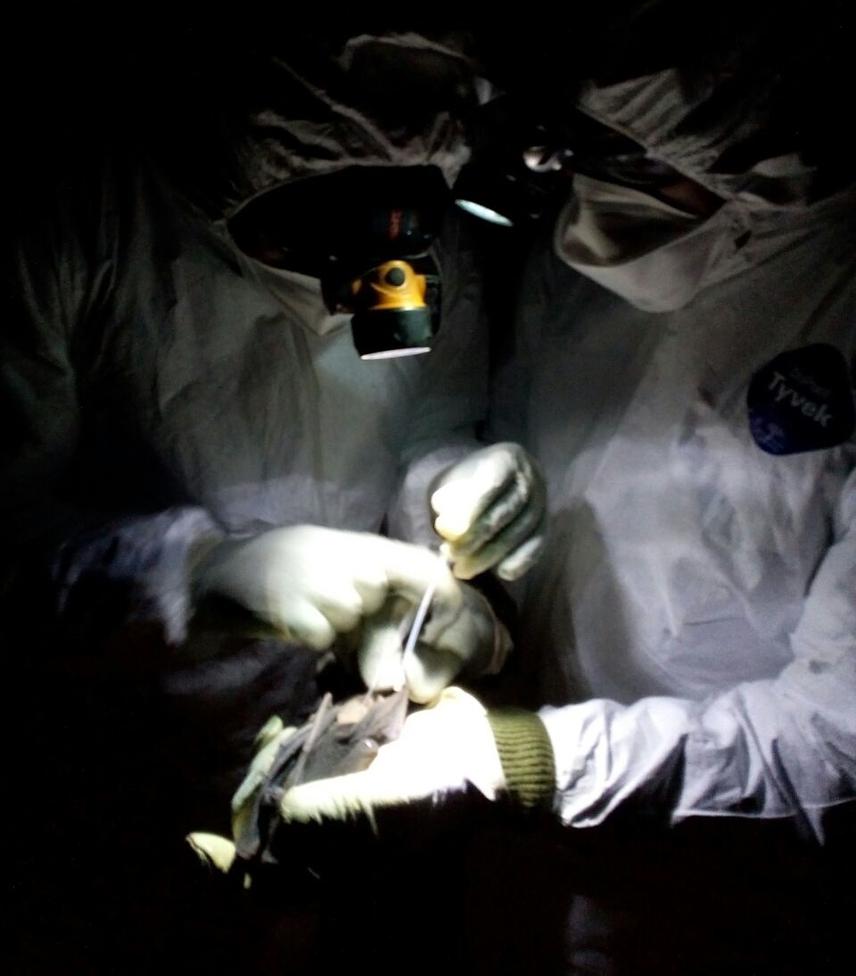David Nibishaka
Other projects
26 Mar 2024
Habitat Restoration, Monitoring, and Community Engagement for the Conservation of Bats in Urban Areas of Southern Province of Rwanda
Human – Bat conflicts have always occurred where bats live close to human habitation. However, the conflicts which emerged following the arrival of COVID 19 in Rwanda early last year are threatening the survival of bats in Rwanda particularly in urban areas. The uncorroborated linkage of bats to COVID-19 pandemic has created fear and hatred for bats among urban residents and has led to their misguided harassment. As a result of the negative publicity bats have received from both local and international media implicating them to be the source of SARS-CoV-2 virus and other zoonotic diseases, urban residents have engaged in several activities aimed at harassing bats. In some urban areas of Southern Province of Rwanda, direct persecution of bats has happened due to fear of diseases and subsequently has resulted into the destruction of many bat roosts. Additionally, little has been done in terms of promoting bat conservation in urban areas. Similarly, efforts to dispel unfounded fears and myths about bats in urban areas has been non-existent. Although bats living in national parks and other protected areas in the country are safe, bats living outside protected areas have received less attention.

The main aim of this work will be to foster bat conservation in urban areas of southern province of Rwanda and curtail the misguided actions of urban residents aimed at persecuting bats and destroying their roosting habitats. This will be achieved through a comprehensive conservation and awareness program designed for urban residents in order to enhance their understanding of bats and their ecological importance and demonstrating how they can safely live and coexist with bats. Through this project, we shall also conduct awareness and education activities in schools close to our project sites to improve the general knowledge of pupils/students on bats and inspire them (pupils/students) to be future custodians of bat conservation in their province. In supplementing these activities, radio talks will be organized on local radio stations as part of raising awareness and educating urban residents on bats and their protection. The research undertakings of the project will involve assessing the general knowledge and perceptions about bats held by urban residents in close proximity to bat habitats. We shall also map and monitor bat roosting habitats in urban areas of 3 districts in Southern Province. Monitoring bat roosts will allow to gather information on the population sizes, distribution and habitat preferences for bats in these districts.